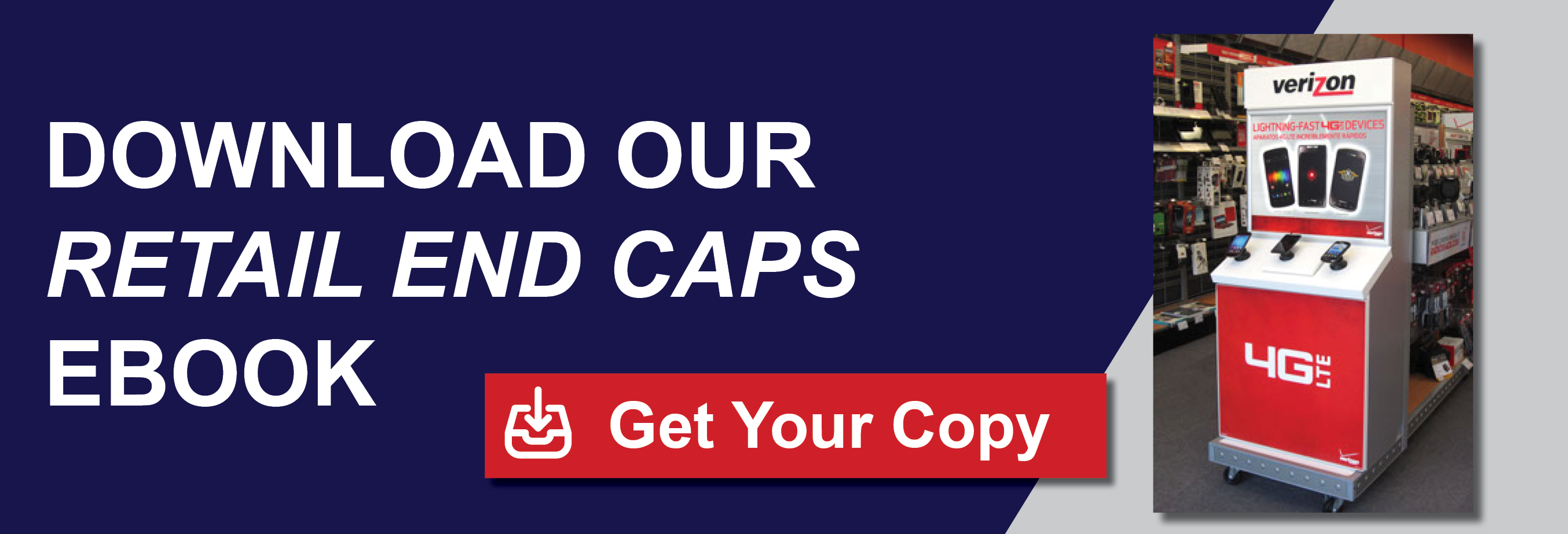 The world of retail is certainly exciting, but it’s also challenging. Success takes fortitude and smart planning. One of the first things you’ll need to decide is which retail business model makes the most sense for you. These 6 tips will help.
The world of retail is certainly exciting, but it’s also challenging. Success takes fortitude and smart planning. One of the first things you’ll need to decide is which retail business model makes the most sense for you. These 6 tips will help.
1. Know your options.
There are 5 ways you can join the retail party as a business owner:
- If you have an entrepreneurial spirit and want a store that’s strictly your brand, you can start your own business from scratch.
- Purchasing an existing business or taking over as the next-gen leader of your family’s store lets you hit the ground running. You already have a facility, a clientele, and an established brand. You can keep that, or change the brand to reflect yourself.
- You’re purchasing the right to use a company’s proven concept and name, selling their products only. It’s a turnkey operation, but it’s strictly their brand. You’ll have to play by their rules and share your revenue with them.
- As a dealer, you’re licensed to sell certain products and use the manufacturer’s name. You can represent as many brands as you like, because it’s your business.
- Multi-level marketing (MLM), also called network marketing. Amway is the most famous example, but there are hundreds of these opportunities. You sell products directly to customers, and you make money recruiting additional sales people to work in your “network.”
2. What’s your business background?
Some business models are “friendlier” if you have less experience, especially retail-specific experience. Do you want a brick-and-mortar storefront? Maybe you’d prefer an online business so you can work from home.
3. Do your homework.
Each retail business model has pros and cons. Not every opportunity, especially among the vast array of franchise and MLM businesses, has a strong success record. The more research you do up front, the better your chances of finding the right fit for you. Ask yourself:
- What products do I want to sell?
- How much interaction do I want to have with people?
- Why is that existing business for sale? (If it has problems, can they be fixed? Can you fix them and go on to make a profit?)
- What will it cost to get started? Franchise fees can be steep, networking marketing is very low-cost. Most new businesses fail because they were under-funded, so be honest here.
4. Chart your options.
Using a matrix is an easy way to compare pros and cons. Be sure to include elements that are most important to you personally – both must-haves and deal-killers. What are your goals and expectations?
5. Be future-oriented for long-term success.
Retail success now depends heavily on adopting innovative technologies and customer-centric strategies.
6. Not entirely sure you’re ready for retail? Start small.
Starting with a food cart (if you’re considering the restaurant business) or a mall kiosk can be an excellent way to try things on for size. You could even find that kiosks are your ideal niche business model.
Palmer Retail Solutions strives to offer our clients the absolute best combination of innovation, quality, service, and value for our diversified custom store fixtures and merchandising displays. For more information about our designs, retail fixtures, cash wraps, kiosks, or point of purchase displays, visit our website at: http://www.palmerretailsolutions.com.
